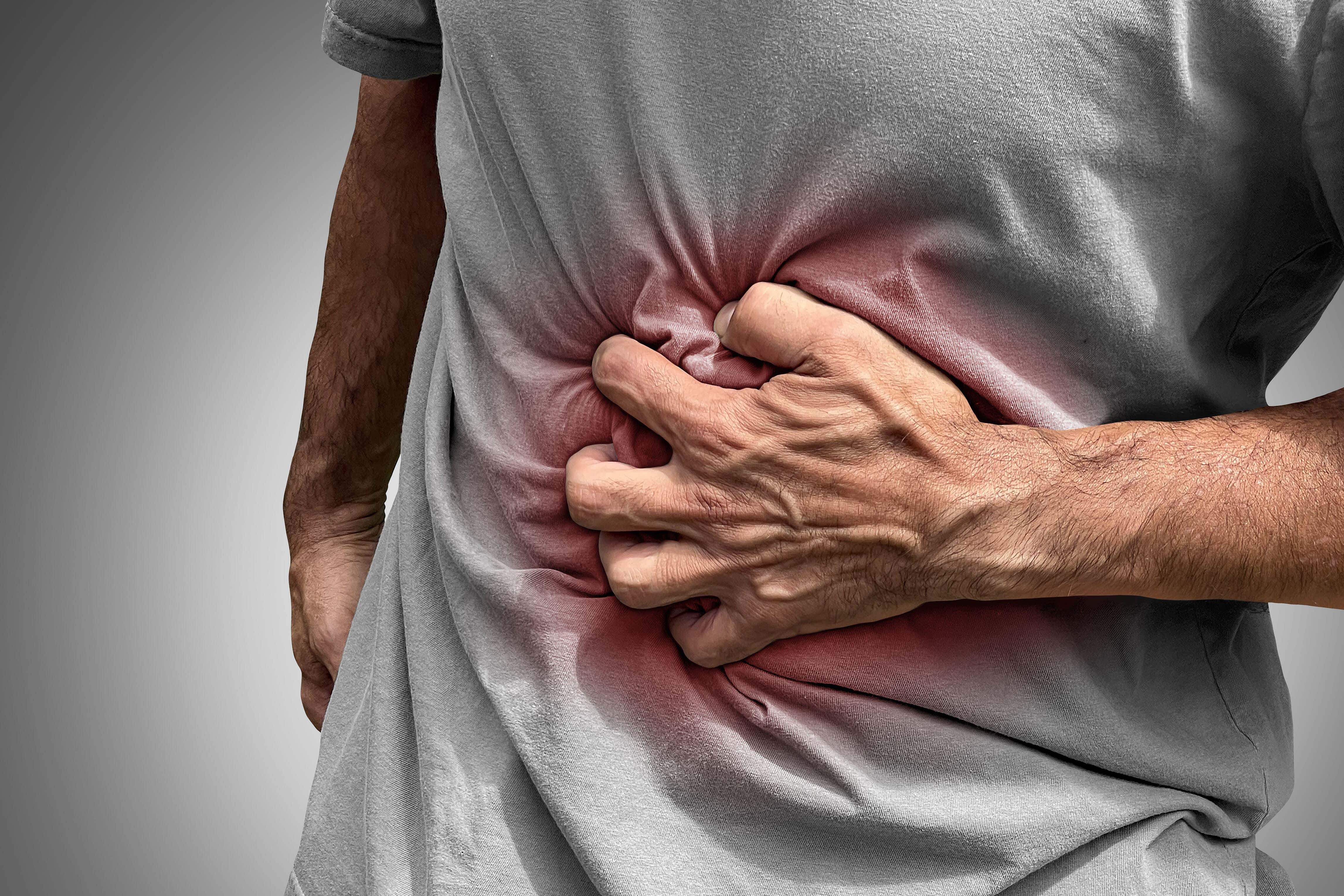Scientists grow ‘mini-guts’ to study Crohn’s disease
Using the mini-guts the researchers found that switches which modify DNA in gut cells play an important role in the disease

Your support helps us to tell the story
From reproductive rights to climate change to Big Tech, The Independent is on the ground when the story is developing. Whether it's investigating the financials of Elon Musk's pro-Trump PAC or producing our latest documentary, 'The A Word', which shines a light on the American women fighting for reproductive rights, we know how important it is to parse out the facts from the messaging.
At such a critical moment in US history, we need reporters on the ground. Your donation allows us to keep sending journalists to speak to both sides of the story.
The Independent is trusted by Americans across the entire political spectrum. And unlike many other quality news outlets, we choose not to lock Americans out of our reporting and analysis with paywalls. We believe quality journalism should be available to everyone, paid for by those who can afford it.
Your support makes all the difference.Scientists have grown “mini-guts” in the lab to help understand Crohn’s disease, and discovered DNA changes that may play an important role in the condition.
The University of Cambridge researchers say these mini organs – also known as organoids – could be used in the future to identify the best treatment for an individual patient, allowing for more precise and personalised treatments.
Around one in 350 people in the UK have Crohn’s disease – with one in four presenting before the age of 18. It is a form of inflammatory bowel disease (IBD).
It is a lifelong condition characterised by inflammation of the digestive tract.
Symptoms can have a major impact on quality of life and include stomach pain, diarrhoea, weight loss and fatigue, and it can also lead to extensive surgery, inpatient admissions and exposure to toxic drugs.
Matthias Zilbauer, professor of paediatric gastroenterology at the University of Cambridge and Cambridge University Hospitals NHS Foundation Trust (CUH), said: “The number of cases of Crohn’s disease and IBD are rising dramatically worldwide, particularly among younger children, but despite decades of research, no one knows what causes it.”
He added: “The organoids that we’ve generated are primarily from children and adolescents.
“They’ve essentially given us pieces of their bowel to help with our research.”
Arthur Hatt, 11, was diagnosed with Crohn’s at the age of nine, but according to his mother Sian Hatt, he was showing symptoms from a very early age.
Arthur is one of the children who took part in the Translational Research in Intestinal Physiology and Pathology (TRIPP) study at the University of Cambridge.
He donated some of the cells from his intestine, which Prof Zilbauer and colleagues are now using to grow ‘mini-guts’ to better understand Crohn’s disease.
He said: “I think it’s quite cool to be part of the study.
“It’s nice to know they’re trying to get more information about Crohn’s.”
In a message to other children being diagnosed with the condition, he added: “There are bad days and there are good days, but eventually you’ll find the right medicine.
“Sometimes it can take a really long time, but eventually they’ll find the thing that works for you.”
Using the mini-guts the researchers also found that switches which modify DNA in gut cells play an important role in the disease and how it presents in patients.
These switches are attached to DNA that turn genes on and off – or turn their activity up or down – leaving the DNA itself intact, but changing the way a cell functions.
The study found that these changes in Crohn’s patients correlated with severity of disease.
Prof Zilbauer, a researcher at the Stem Cell Institute at the University of Cambridge, said: “Every patient’s disease course is different, and these changes help explain why – not every organoid had the same epigenetic changes.”
In the new research, published in Gut, the researchers used cells from inflamed guts, donated by 160 people, mainly patients and adolescents, but also healthy people, at CUH to grow more than 300 mini-guts.
The researchers say the mini-guts open up the possibility of tailoring treatments to individual patients.
Co-author Dr Robert Heuschkel, consultant paediatric gastroenterologist at CUH and Lead of the Paediatric IBD Service, said: “In future, you could imagine taking cells from a particular patient, growing their organoid, testing different drugs on the organoid, and saying, ‘OK, this is the drug that works for this person’.”
The study also found that the DNA changes were stable, which may explain why even after treatment, when a patient appears to be healed, their inflammation can return after several months – the drugs are treating the symptoms, not the underlying cause.
In the future, the findings could help patients such as Arthur access effective treatment more quickly.

Ms Hatt said before Arthur’s diagnosis they were told he had toddler diarrhoea, dietary intolerances and even abdominal migraines.
Eventually, the youngster was diagnosed at the age of nine, and was prescribed the drug azathioprine, which he is still on to this day.
Because it can take time for the effects of the medication to work, he was also temporarily prescribed steroids, but Arthur said: “They made me feel jittery and I was really, really hungry.”
Ms Hatt said there were times when Arthur was able to attend school only for half days, and that even now holidays tend to be about getting rest, with the youngster particularly suffering during cold and flu season, as the treatments also tend to suppress the immune system.
However, Arthur still manages to do the things he enjoys.
Arthur said: “I really like dancing, especially Latin and street dance.
“I manage to do most of the things I like, but I get tired sometimes.”
The research was largely supported by the Medical Research Council, and was also supported through collaboration with the Milner Therapeutics Institute, University of Cambridge.
Join our commenting forum
Join thought-provoking conversations, follow other Independent readers and see their replies
Comments